Life
Sign up for our newsletter
We summarize the week's scientific breakthroughs every Thursday.
-
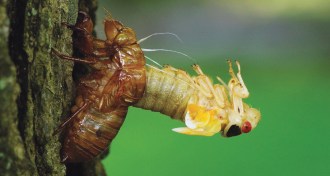 Animals
AnimalsYear in Review: Odd cicada history emerges
Brood II returns better understood.
By Susan Milius -
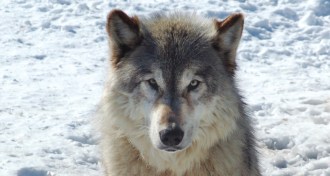 Animals
AnimalsYear in Review: Canine genealogy
Competing clues confuse the story of dog domestication.
By Meghan Rosen -

-
 Neuroscience
NeuroscienceYear in Review: Obama unveils brain initiative
In April, the president announced an ambitious plan to reveal the human brain’s secrets.
-
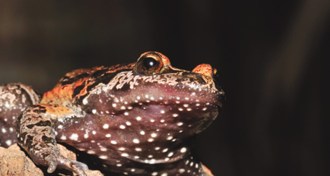 Animals
AnimalsA year of rediscovered species
Thousands of species go extinct each year, but at least a few are found after many years of being lost.
-
 Neuroscience
NeuroscienceBad memories fade with a short jolt
Research illustrates the vulnerability of the brain’s information storage.
-
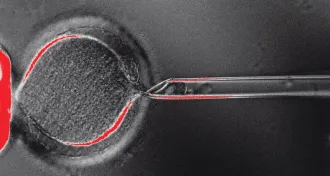 Genetics
GeneticsYear in Review: Caffeine triggers cloning advance
To successfully clone human cells, eggs must be dunked in the stimulant.
By Meghan Rosen -
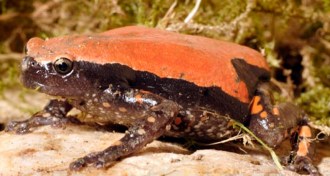 Animals
AnimalsAfrican frog conceals itself with chemicals
Two small peptides keep the West African savanna frog from being stung by ants.
-
 Science & Society
Science & SocietyYear in Review: High court rules against gene patents
The justices’ decision opens the way for choices in DNA testing.
-
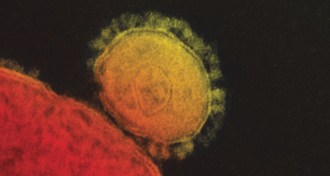 Life
LifeYear in Review: A double dose of virus scares
Outbreaks of two deadly viruses captured the world’s attention in 2013, but neither turned into the global pandemic expected to strike one of these years.
-
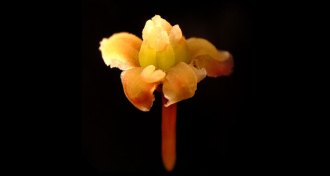 Plants
PlantsLone survivor of ancient flowers is gluttonous gene consumer
The rare Amborella shrub has engulfed whole genomes from other species.
By Susan Milius -
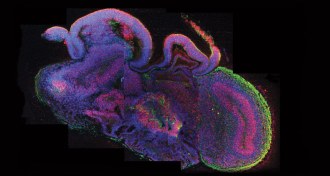 Life
LifeYear in Review: Bioengineers make headway on human body parts
New techniques produce mimics of brain, liver, heart, kidney, retina.
By Meghan Rosen